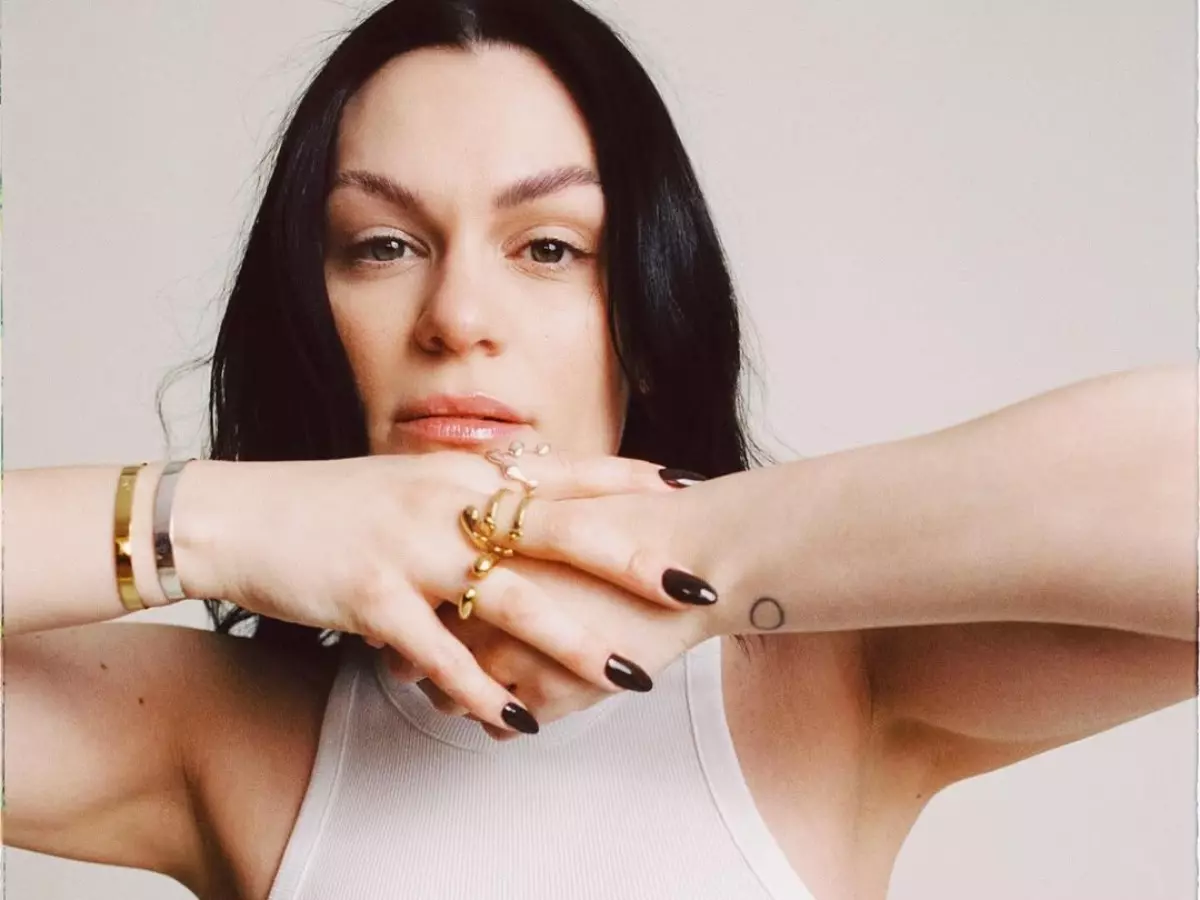Pop singer Jessie J reveals early-stage breast cancer diagnosis at 37; is it curable? Here's what experts say
Jessie J, a.k.a. Jessica Ellen Cornish, the pop singer, announced that she was diagnosed with early-stage breast cancer at 37. What is early-stage breast cancer, and is it curable? Know from experts ways to prevent it.

Jessie J, a.k.a. Jessica Ellen Cornish, the 'Flashlight' singer, on Wednesday announced that she has been diagnosed with the earliest stage of breast cancer, where the disease has spread outside of its original location. The 37-year-old UK singer took to her Instagram to announce the news. But is the early stage of breast cancer curable?
The singer was diagnosed with cancer just before her latest single release in April. The Grammy-nominated artist shared the information with her fans on her social media, where she also revealed that she will undergo surgery following her performance at Summertime Ball on June 15.
This is an annual music festival in Lon, she added. However, talking about the cancer, she said, "Cancer sucks in any form, but I'm holding onto the word 'early."
Rise in borderline or early-stage breast cancer cases
Breast cancer cases are rapidly increasing across the globe, including in India. Recent projections indicate that the cases will further increase in the coming time.
Globally, breast cancer is one of the most common cancers among women, with over 2.3 million new cases and 670,000 deaths reported in 2020. According to the International Agency for Research on Cancer, there is a significant increase in breast cancer cases, suggesting over 3 million new cases and 1 million deaths will be reported by 2040.
Is early breast cancer curable?
Breast cancer has five main stages, ranging from Stage 0 to Stage 4. Experts say that breast cancer in its early stages is "highly treatable and survivable," yet Jessie has not shared any other information regarding her diagnosis.
 Credit: Instagram | @jessiej
Credit: Instagram | @jessiej
But is early breast cancer curable? ¡°Early-stage breast cancer is often curable with appropriate treatment. Treatment typically involves surgery, such as lumpectomy or mastectomy, often followed by radiation therapy and/or chemotherapy, hormone therapy, or targeted therapy, depending on the cancer's characteristics,¡± says Dr. Vivek B. K., Additional Director, Medical Oncology, Fortis Hospital, Bannerghatta Road.
¡°Prognosis and treatment options vary based on cancer stage, tumour size, hormone receptor status, and overall health. Regular follow-up care is crucial to monitor for recurrence and manage side effects,¡± he adds.
What is the survival rate in early-stage breast cancer?
The five-year survival rate for stage 0 to stage III breast cancer is over 90% according to the American Cancer Society. ¡°Treatment typically involves surgery, such as lumpectomy ( organ conservation as often as possible), often followed by radiation therapy and/or chemotherapy, hormone therapy, or targeted therapy, depending on the cancer's characteristics,¡± says Dr. Niti Raizada, Principal Director Medical Oncology, Fortis Hospital Bannerghatta Road.
Can breast cancer development be prevented?
According to Dr. Chaitra Deshpande, a radiation oncologist at Onco Life Cancer Centre in Satara, "Breast cancer can be diagnosed in women between the ages of 18 and 45 years. Moreover, the breast cancer in 45-year-olds is quite aggressive and is difficult to treat."
However, it can be prevented by involving a combination of lifestyle choices and awareness.
1. Obesity, especially after menopause, is linked to a higher risk of breast cancer. Please choose a balanced diet rich in fruits, vegetables, whole grains, and lean proteins.
2. Regular exercise can help maintain a healthy weight and lower hormone levels associated with breast cancer. at least 150 minutes of moderate aerobic activity or 75 minutes of vigorous activity each week.
3. Limiting alcohol to no more than one drink per day can help reduce your risk.
4. Early detection through mammograms can lead to better outcomes. Discuss with your healthcare provider the right screening schedule based on your age and risk factors.
5. A family history of breast cancer can increase your risk. Consider genetic counselling if you have concerns.
6. Smoking is linked to various cancers, including breast cancer. Quitting can improve your overall health.
To stay updated on the stories that are going viral, follow Indiatimes Trending.
